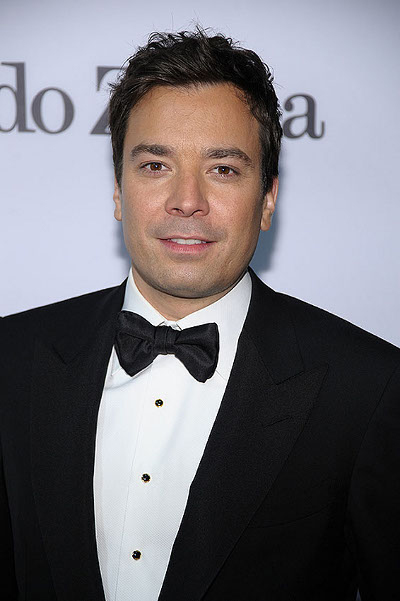I used to be a person who eagerly watched Jimmy Fallon’s late night show with unending amusement. I found his sketches funny and thought that he was a talented comedian and entertainer. I would watch him and think, “he’s so likeable.”
He gives the impression that he is painfully pleasant. People generally respond well to pleasant, but his version of it has started to quickly grow stale.
I’ve come to the conclusion that he really isn’t as hilarious as he’d like everyone to believe, despite how much he forces it down people’s throats and throws his head back laughing at basically every single thing that his guests (and himself) say.
My grievances with Fallon surfaced, like many others, when he had Donald Trump as a guest on his show.
Attempting to watch this episode with as much of an open mind as I could bear, I quickly realized that it was a fruitless attempt. My distaste started running rampant less than five minutes in.
Likeability is subjective, but it seems that Fallon wants to approach every situation in such a way that won’t offend anyone.
Fallon gave way to his usual cutesy charade and treated Trump like a loveable, tiny-handed teddy bear that was there to be poked and prodded, but only lightly, if not a little lovingly.
Ruffling his hair in an awkward, punch-on-the-shoulder tactic, reminiscent of a less popular kid trying to win over the school bully, it was painfully apparent that this schtick wasn’t going to stick.
I already know the rebuttals against this point and I can see merit in them, to an extent. Fallon’s show isn’t political; he has a right to invite which guests he wants to “interview,” and if I don’t like him then I don’t have to watch his show.
Yet, all he did was provide me with an insight into his ingrained and carefully crafted image of fakery and cowardice.
He has to showcase that he has universal appeal and, above all else, ensure that everyone likes him.
Likeability is subjective, but it seems that Fallon wants to approach every situation in such a way that he won’t offend anyone.
His humour is safe and it’s executed so that people will laugh easily, without feeling challenged or uncomfortable.
Politics aside, I decided to watch Fallon’s hosting of the Golden Globes this year with lowered, albeit grudgingly hopeful, expectations.
It was a good thing that my expectations were low to begin with, because he managed to slide right under them.
I didn’t expect him to be like Ricky Gervais (precariously pushing limits) or Tina Fey and Amy Poehler (easily the two best hosts the Golden Globes has ever had), but I expected at least something memorable.
Instead, he fell flat. He had to stumble his way through poorly executed jokes with his usual forced smile.
Unsurprisingly, he fell back on Trump jokes in this setting, because it was an easy way to grab most of the incredibly liberal audience that was seated before him.
All this seemed to do was further prove his hypocrisy.
I felt myself physically cringing as the show progressed, having to physically mute it when Fallon brought out his terrible Chris Rock impression.
I felt uncomfortable as the monologue seemed to have no end and I don’t think it’s a stretch to say that it didn’t pan out well.
Overall, Jimmy Fallon has shown me that audiences are more deserving of humour that doesn’t insult their intelligence.
Lip sync battles and singing impressions that feature his weak, overdone handful of voices and forced attempts to thrust himself into the spotlight when it’s generally unwanted don’t play off in the same way that his antics may have before.
As many people have pointed out, no one thinks Jimmy Fallon is funnier than himself.cord staff








Leave a Reply
You must be logged in to post a comment.